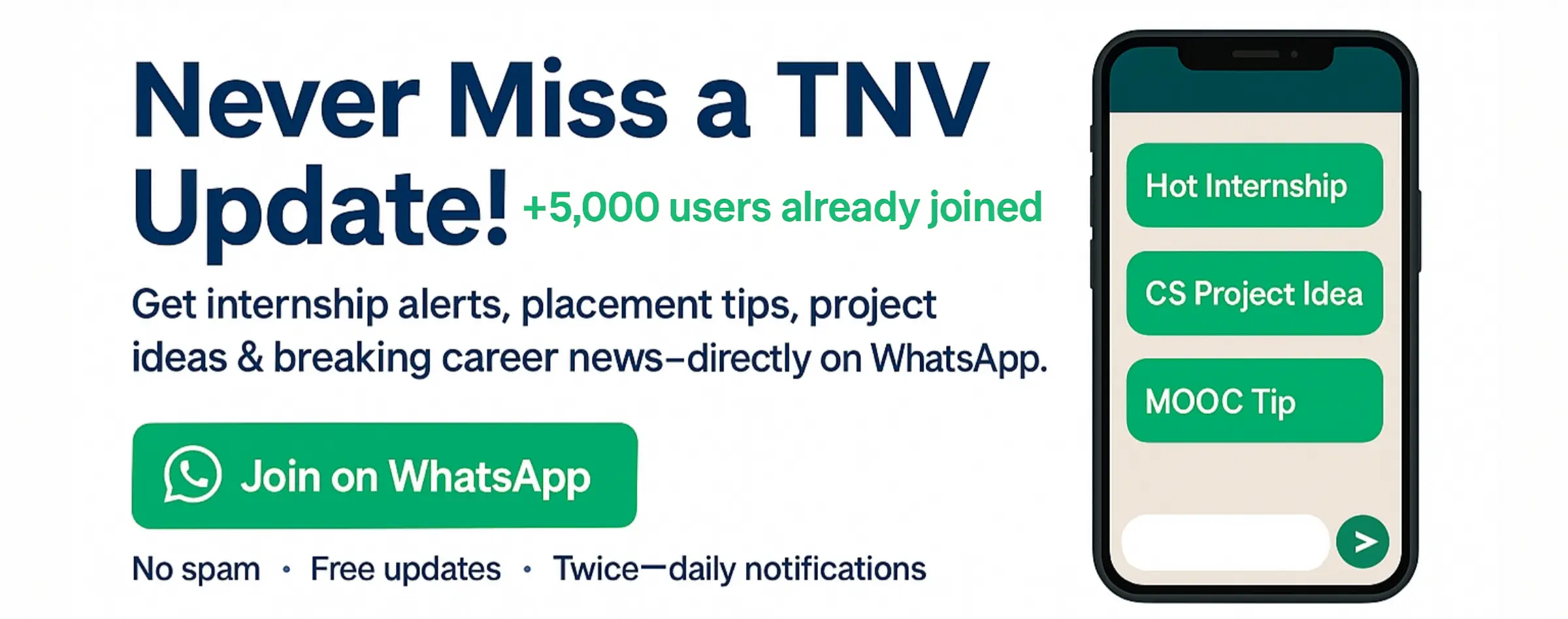Java 8 brought a major shift in how developers write code by introducing a more functional programming approach. It introduced powerful features that made Java more expressive, readable, and efficient.
Even in 2025, understanding Java 8 is critical for developers, students, and anyone preparing for coding interviews.
In this blog, you’ll find all the major Java 8 features explained with examples, real-world use cases, and interview-friendly explanations.

Introduction to Java 8
Java 8 was released in March 2014 and is one of the most significant updates in Java’s history. It introduced functional programming features, making Java code shorter and more readable.
Unlike previous versions, Java 8 focused on making it easier to work with data collections, multi-core processors, and declarative code.
Why Java 8 Was a Turning Point
Before Java 8, Java developers had to rely on verbose code and boilerplate syntax. Java 8 solved this by introducing lambda expressions, the Stream API, and more, enabling:
- Easier data manipulation
- Cleaner syntax for functional-style programming
- Better support for modern application needs (parallelism, immutability)
Many frameworks, tools, and libraries today rely on Java 8 features as their base requirement.
Key Java 8 Features with Examples
Let’s explore the most important Java 8 features one by one with practical examples.
1. Lambda Expressions
Lambda expressions allow you to write anonymous functions in a simple way. They help remove boilerplate code when using functional interfaces.
Syntax:
(parameter) -> { expression }
Example:
List<String> names = Arrays.asList("Saroj", "Neha", "Arjun");
names.forEach(name -> System.out.println(name));
2. Functional Interfaces
An interface with only one abstract method is called a functional interface. Java 8 introduced the @FunctionalInterface annotation to indicate it.
Example:
@FunctionalInterface
interface Greet {
void sayHello();
}
You can use lambda expressions to implement this:
Greet greet = () -> System.out.println("Hello!");
greet.sayHello();
3. Stream API
Stream API helps you process collections (like List, Set) in a functional way. It supports operations like filtering, mapping, and reducing.
Example:
List<Integer> numbers = Arrays.asList(1, 2, 3, 4, 5);
numbers.stream()
.filter(n -> n % 2 == 0)
.forEach(System.out::println);
4. Default and Static Methods in Interfaces
Java 8 allows interfaces to have default and static methods with implementations.
Example:
interface Vehicle {
default void start() {
System.out.println("Vehicle starting");
}
static void stop() {
System.out.println("Vehicle stopped");
}
}
5. Method References
Method references are a shorthand for lambda expressions that call a method directly.
Example:
List<String> names = Arrays.asList("Saroj", "Neha");
names.forEach(System.out::println);
6. Optional Class
The Optional class helps avoid NullPointerException by wrapping a value that may or may not be present.
Example:
Optional<String> value = Optional.of("Java");
System.out.println(value.orElse("Default"));
7. Date and Time API
Java 8 introduced a new date/time API under java.time package. It replaces the old Date and Calendar classes.
Example:
LocalDate today = LocalDate.now();
System.out.println("Today's date: " + today);
Real-World Use Cases of Java 8
Java 8 features are used in many applications and services, including:
- Backend systems using Spring Boot rely on lambda and streams
- REST APIs return data using Optional to avoid null values
- Real-time filtering and processing with Stream API
- Building cleaner, testable code using functional interfaces
Java 8 vs Previous Versions
| Feature | Java 7 | Java 8 |
|---|---|---|
| Lambda Expressions | Not available | Introduced |
| Stream API | Not available | Introduced |
| Optional | Not available | Introduced |
| Functional Interfaces | Not recognized | With @FunctionalInterface |
| Date/Time API | Legacy (Date, Calendar) | Modern (java.time) |
Java 8 Interview Questions 2025
Q1. What is the biggest advantage of Java 8?
It simplifies complex code using lambda expressions and the Stream API, making code cleaner and more readable.
Q2. Can Java 8 Optional replace null checks?
Yes, Optional is used to avoid null references and prevent NullPointerException.
Q3. Is Stream API better than loops?
Yes, for many use cases, streams are more expressive and readable than traditional loops.
Q4. What is a functional interface?
An interface with a single abstract method. It’s used with lambda expressions.
Q5. Are default methods mandatory in interfaces?
No. They provide optional behavior that implementing classes can override.
Q6. Why is Java 8 still relevant in 2025?
Most enterprise projects still rely on Java 8. Many tools and frameworks are built around it.
Final Thoughts
Java 8 was a game-changer in the evolution of Java. Whether you’re learning for interviews, upgrading your skills, or preparing for a Java developer role in 2025, mastering these features is essential.
Keep practicing small code snippets, build projects using lambda and streams, and explore modern Java usage to stay ahead.
👉 For more learning guides, project ideas, and interview prep, keep visiting Thenewviews.com.
